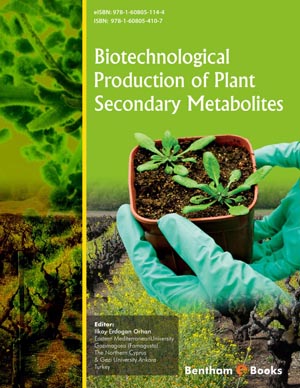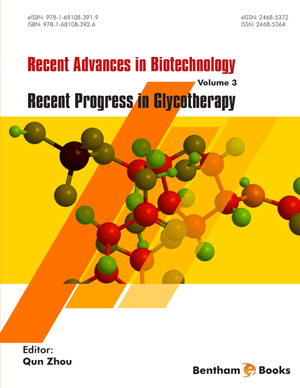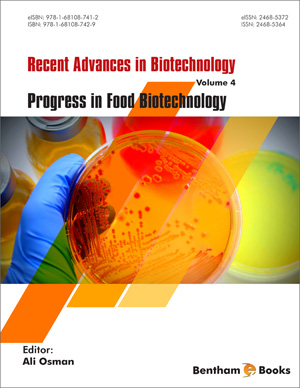Abstract
This chapter aims to discuss the effects of honeybee plant-derived products in inflammatory processes, with particular focus on honey, pollen and propolis. Honey is mainly composed by fructose and glucose, containing also minerals, proteins, free amino acids, vitamins and polyphenols and has long been used by humans not only for nutritional purposes but also as a medicine. The biological properties of honey can be ascribed to its polyphenolic content which, in turn, is usually associated to its antiinflammatory activity, as well as antioxidant, antiproliferative and antimicrobial benefits. Bee pollen results from the agglutination of flower pollens with nectar and salivary substances of the honeybees. Due to its optimal nutritional balance, it has been considered as a perfect food all around the world and also used as a therapeutical agent. However, there is a lack of scientific support addressing the biological activities of bee pollen. Propolis is produced by bees from secretions of trees, trunks, buds, leaves and pollen, adding wax and substances secreted by bee glands.
The large and diverse number of chemicals in propolis may justify their biological activities, namely anti-inflammatory properties. Herein we emphasize the antiinflammatory potential of the honeybee plant-derived products propolis, honey and pollen. Whenever possible we also disclose the action mechanisms and the principal compounds responsible for the biological activity. The intracellular signaling targets of propolis, honey and pollen are highlighted and summarized in Fig. (1). Overall, the production of inflammatory mediators, i.e. nitric oxide (NO) and prostaglandins, are inhibited by the three products partially due to the inhibition of nuclear factor kappa B (NF-κB) and mitogen activated protein kinases (MAPKs) signaling pathways.
Keywords: Bee pollen, Chemokines, Cytokines, Flavonoids, Honey, Honeybee, Immune cells, Immune system, Inflammation, Intracellular signaling pathway s, Lipopolysaccharide, Macrophages, Mechanism of action, Nitric oxide, Nuclearfactor kappa B, Polyphenols, Propolis, Prostaglandins.

















